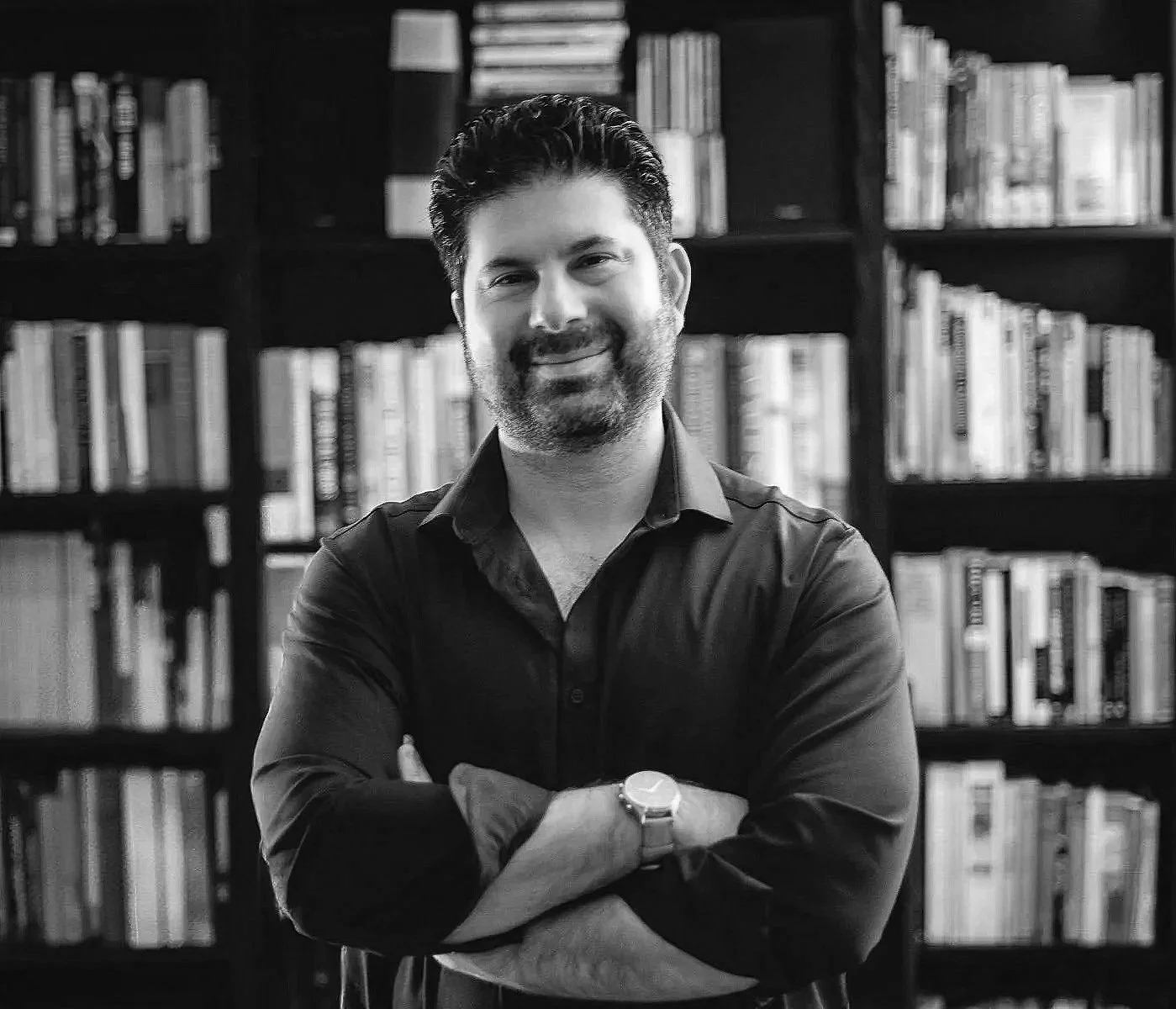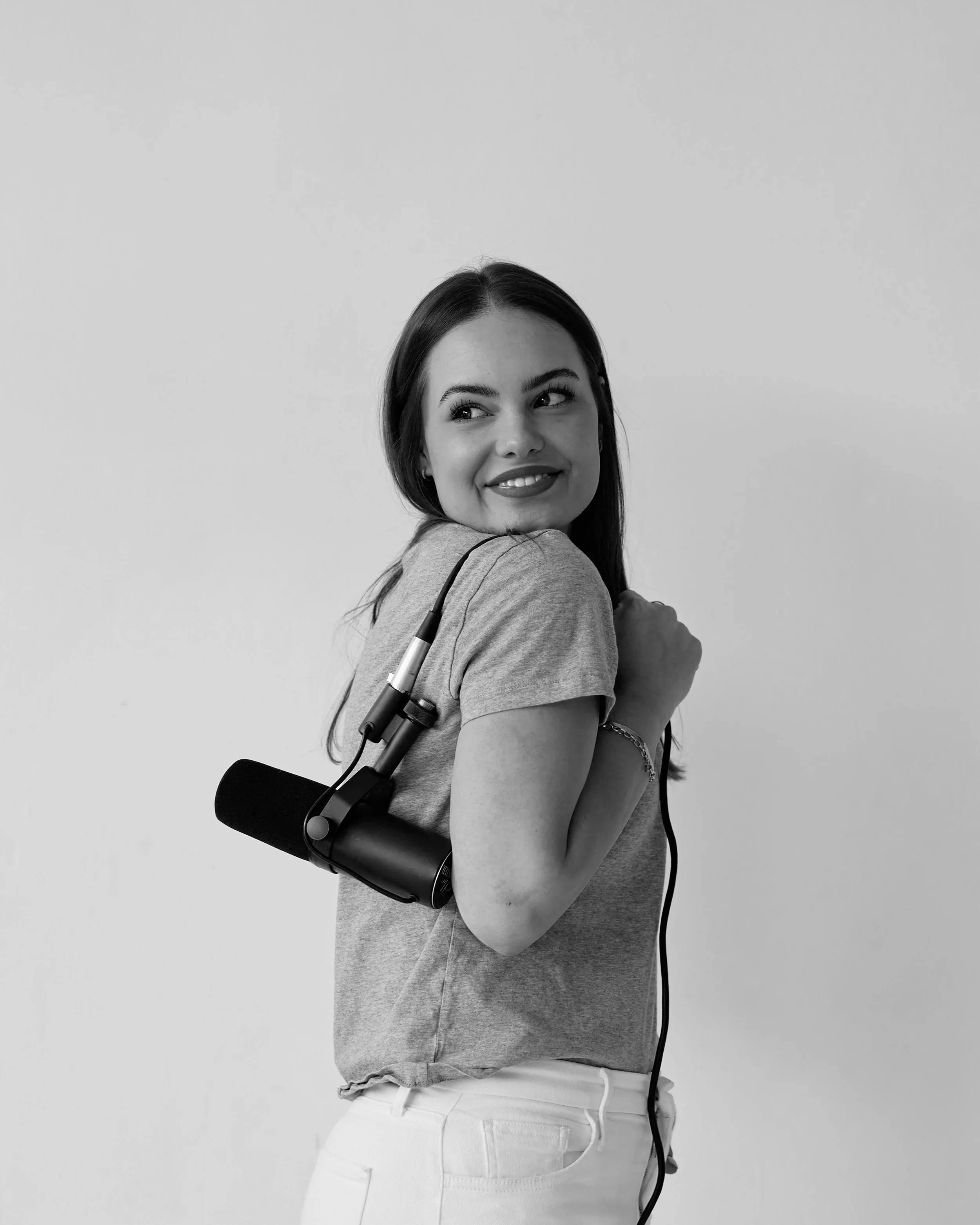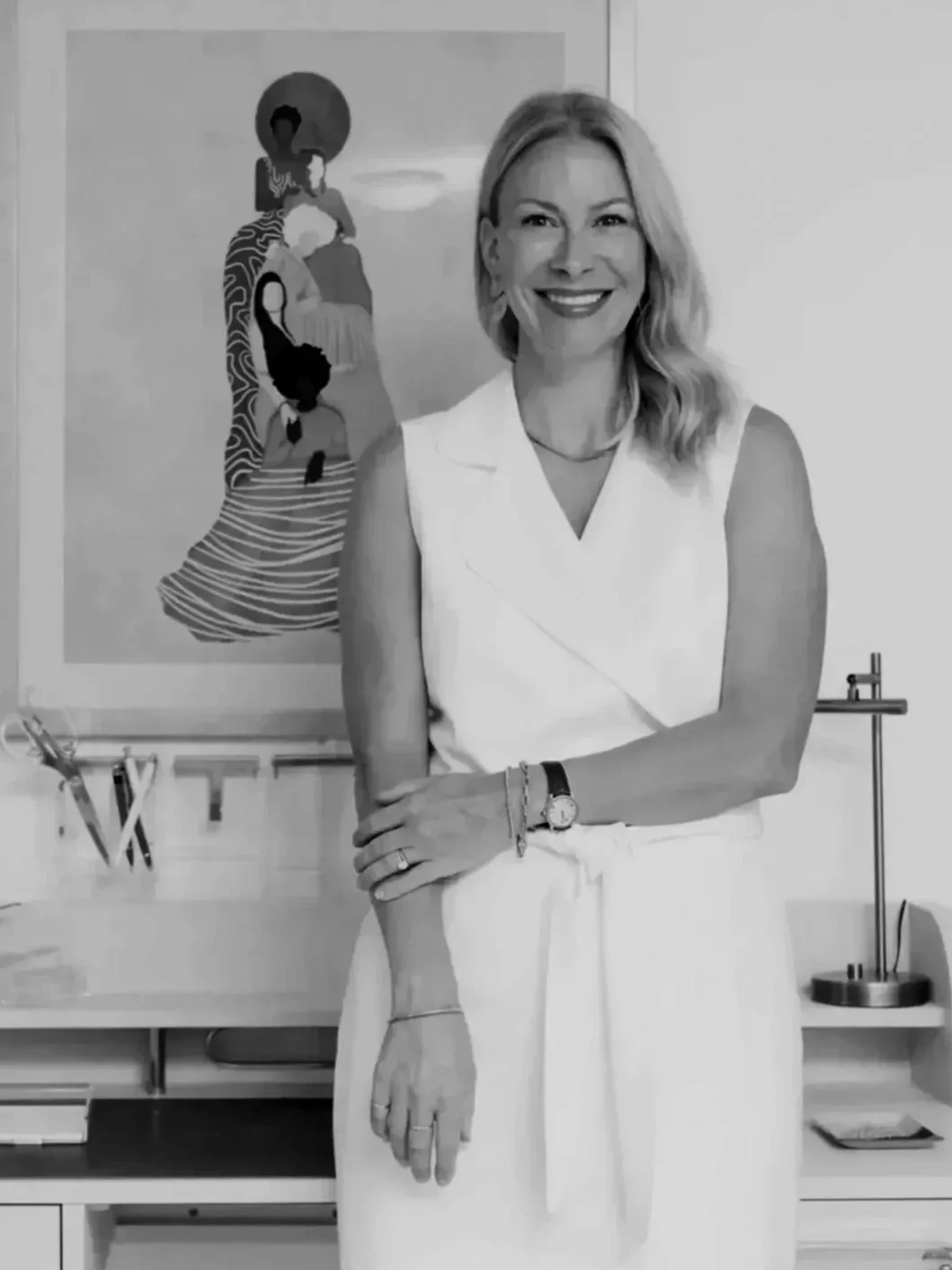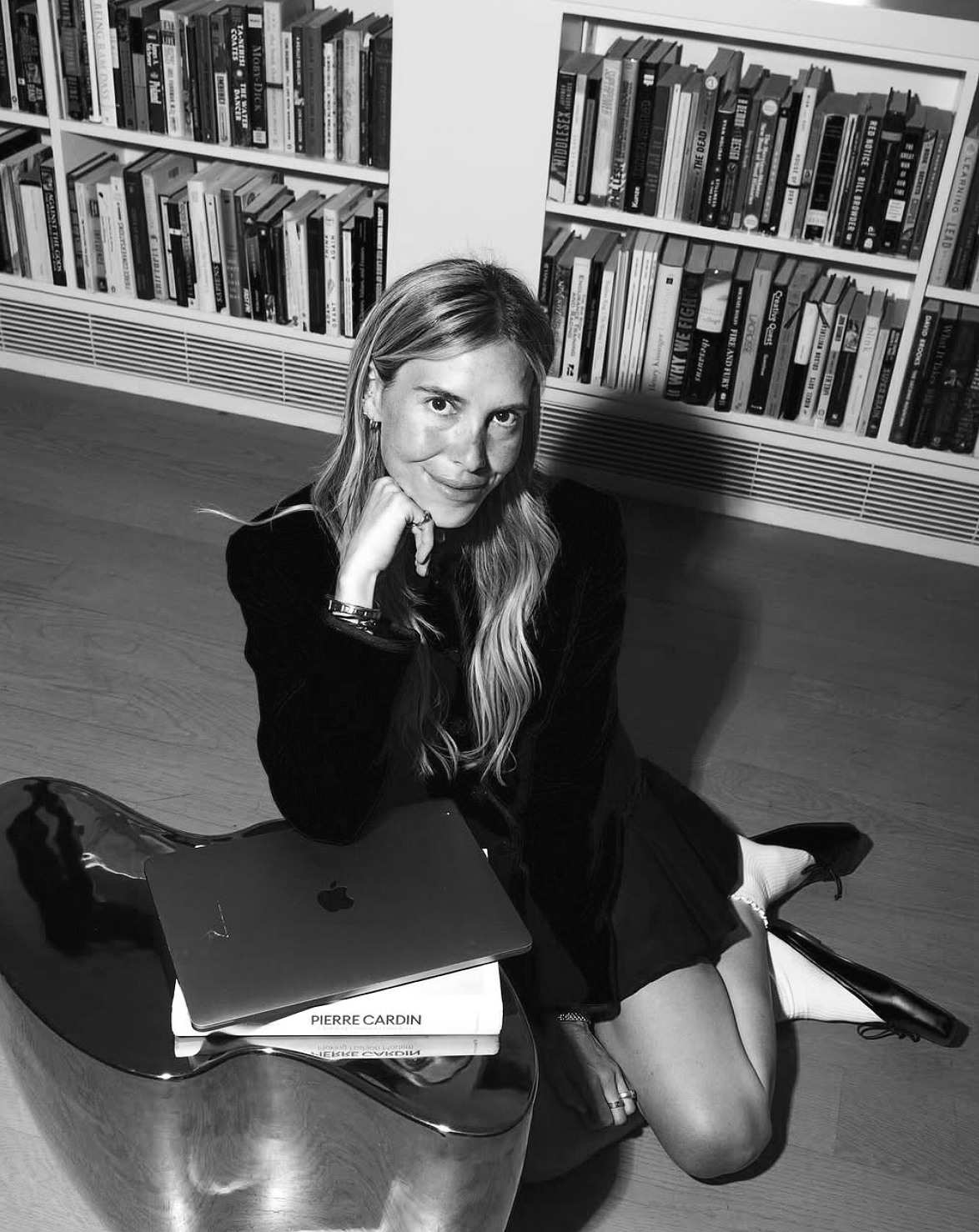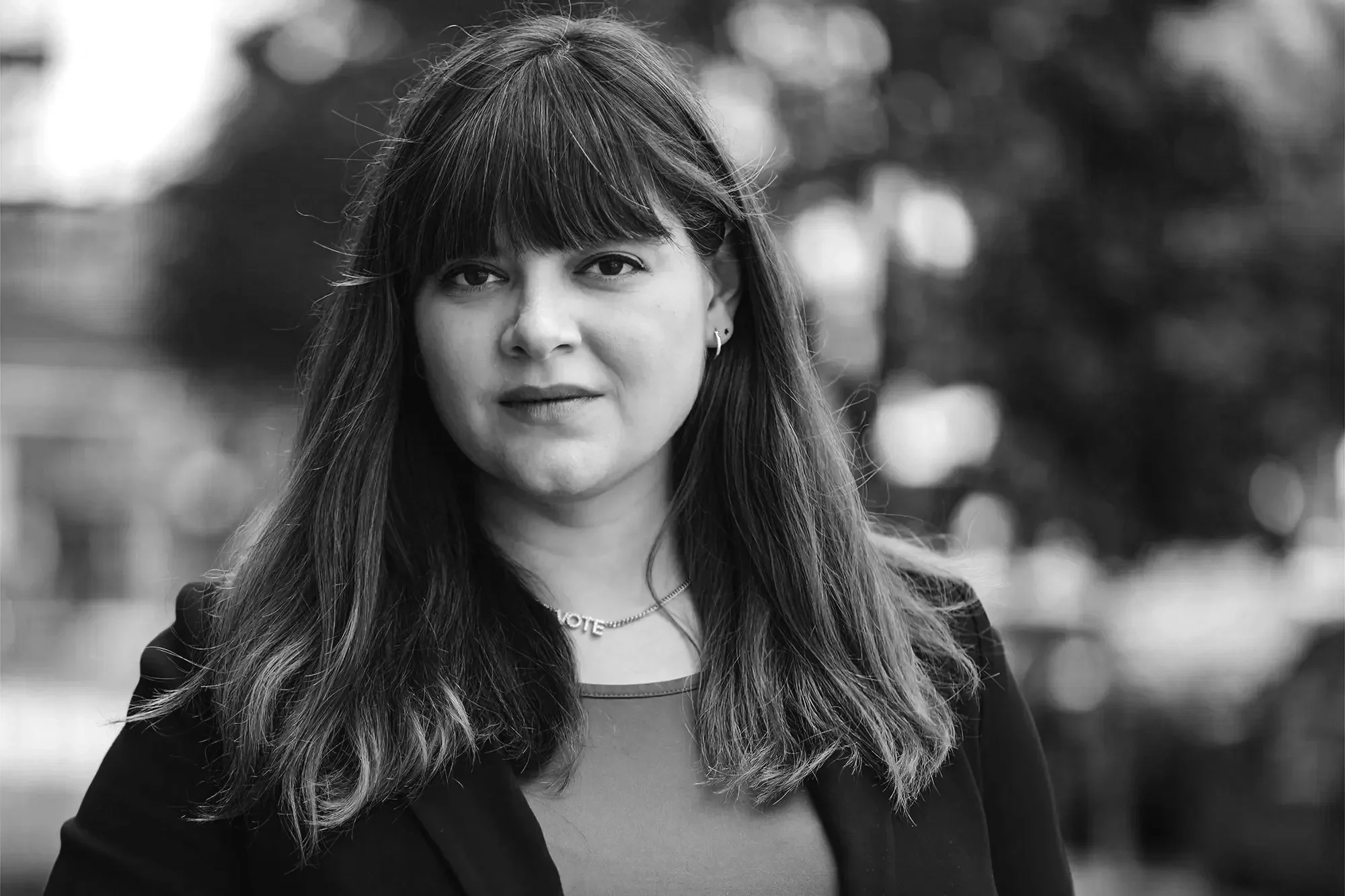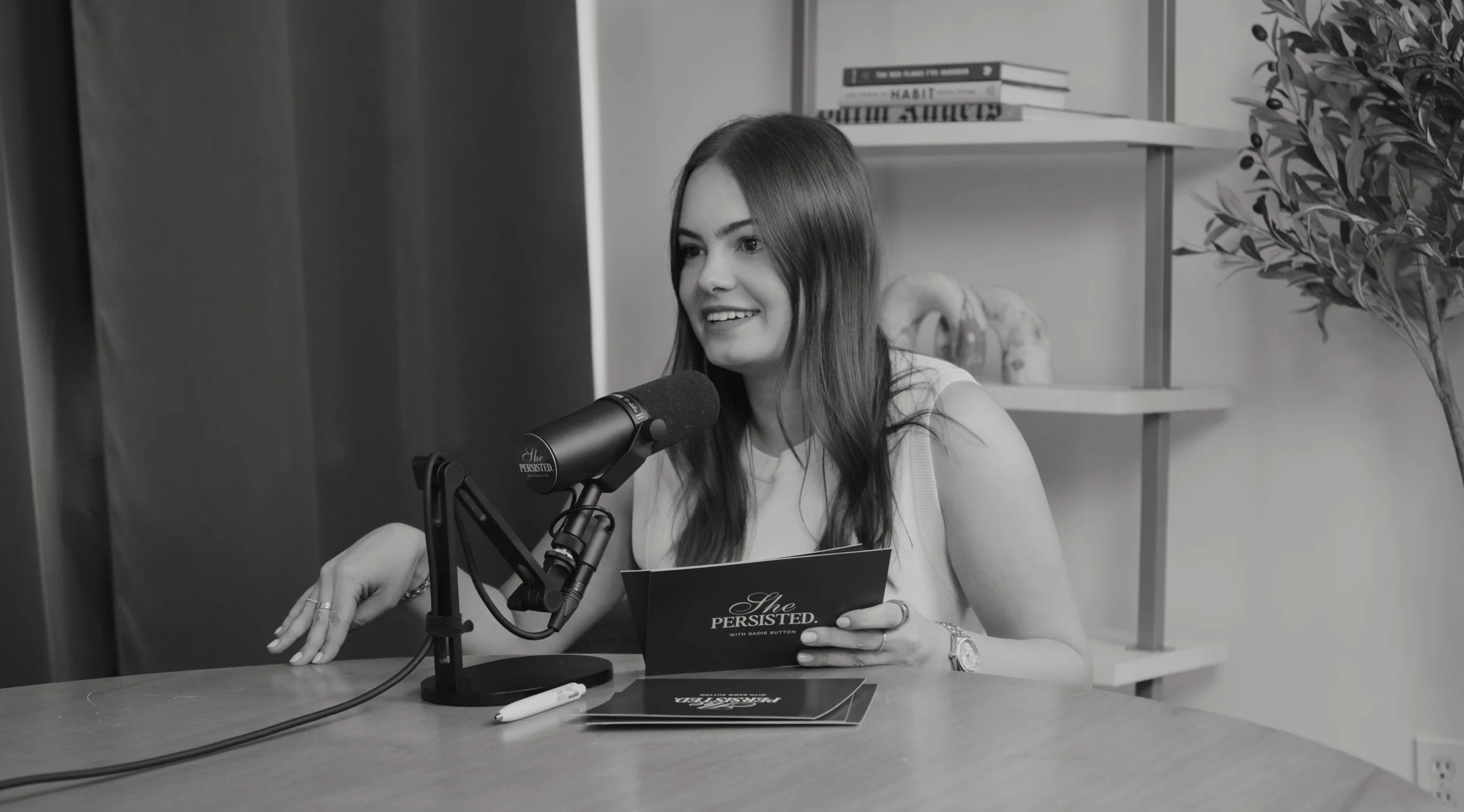232. your school friends matter… here’s why & how to make them
listen to this episode:
Tune in and subscribe on your favorite platform: Apple Podcasts | Spotify | YouTube | Amazon | GoodPods | Castbox | iHeart Radio | overcast | pocketcasts
in this week’s solo episode, i’m explaining why your friendships in school matter a lot more than you think! in this episode dedicated to the psychology of school friendships, i’m answering important questions including: is the quality or quantity of your friendships more important? how do your school friends affect your grades and even your future career? what’s the best way to make more friends at school?
i’ll also be sharing psychology studies, reacting to viral reddit and tiktok posts, and talking about my own experiences on how friendships are the key to thriving in school. so whether you’re starting college, switching schools, or looking to make more friends at your current school, this episode is your guide to finding the right friendships for you.
here, i’ll cover:
why it actually matters to make friends at school
how your school friends can impact your grades
what to do if your friends are distracting you from your work
friendships as a protective factor for your mental health
whether quality or quantity matters more in friendships
how popularity can affect your education
the surprising key to becoming close friends with someone
ways to become closer friends with people at school
balancing friendships with other commitments
figuring out which relationships to prioritize
easy ways that i strengthened my relationships in school
+ so much more!
Mentioned:
SHOP GUEST RECOMMENDATIONS: https://amzn.to/3A69GOC
About She Persisted
She Persisted is THE Gen Z mental health podcast. In each episode, Sadie brings you authentic, accessible, relatable conversations about every aspect of mental wellness. Expect evidence-based, Gen Z-approved resources, coping skills (lots of DBT), insights, and education in each piece of content you consume. She Persisted offers you a safe space to feel validated and understood in your struggle while encouraging you to take ownership of your journey and build your life worth living.
a note: this is an automated transcription so please ignore any accidental misspellings!
Sadie: [00:00:00] Welcome to She Persisted, the Gen Z Mental Health Podcast. I'm your host, Sadie Sutton. Let's get into it.
do friendships even matter for school? Like Do I need to have friends in my classes?
This was really a game changer for me when it came to making friendships, especially from a mental health perspective.
how many friends do I have? Am I popular? Am I in that group?
I'm gonna give you some ideas of how I strengthened my friendships in college.
Is it the number of friends you have or is it the quality of your friendships that help your mental health? What are my goals?
How do my relationships fit into that? And how are my relationships either helping me reach those goals or hurting them?
Hello. Hello, and welcome back to She Persisted. I am so excited you're here today. Back to school season has officially kicked off, which means that this aspect of mental health is probably extremely top of mind for a lot of you, especially if you just start a college or a new school or have a different class schedule, which is friendships, relationships, and your social life.
So in this episode, you're gonna learn why having friends [00:01:00] in school matters. is it quality or quantity? That's important. How our grades, outcomes, careers are impacted by the friendships we have and how you can make and establish those friendships to help you thrive.
So we're gonna jump right in. And the first question you might be asking yourself is, does friendships even matter for school? Like if I'm just tunnel vision locked in.
I fill my social battery elsewhere. Do I need to be friends with my peers? Do I need to have friends in my classes? Like is that something that actually matters for school and also my mental health? And the answer is yes. Relationships are so incredibly important. And I wanna think about the larger picture here beyond school because especially if you are putting a lot of pressure on yourself, you have really high ambitions.
You might be thinking about what you're getting out of college or what you're getting out of high school And not so much those relationships, but when we zoom out and we look at at people's lives as a whole and ask ourselves what matters, what leads to positive outcomes, its relationships. And one of the coolest studies here was done by [00:02:00] Harvard. It is the longest study ever conducted on happiness. Been going for 75 plus years, and they're following the same cohort of people.
So literally data from their entire lives, they follow up with them every so often, and look at so many aspects of their life to see what causes people to thrive. And. There's a really simple takeaway from this study, which is that good relationships lead to health and happiness.
They found that with this cohort of over a thousand people, the number one thing that is leading to happiness in their lives and health and longevity and, and just having good outcomes across the board in life, beyond high school, beyond college, I'm talking 80, 90 years old, et cetera, is healthy relationships.
And it's not just quantity of relationships, it's quality of relationships. And the key there is nurturing those relationships, keeping them healthy, maintaining both sides of those interactions. So if you are coming to this episode, like, [00:03:00] yeah, okay. Like, I don't wanna be lonely, but my goal is my grades or my college application, or the job I'm getting after I graduate. I want you to zoom out and think about this bigger picture thing, which is 20, 30, 40, 50 years from now, what will allow you to thrive and be successful.
And really the foundation essential part of that is your relationship. So It's one of those things where we can't pass, go and collect $200 without these friendships and relationships and they can actually lead us to do better in school in a lot of ways, which we'll talk about.
So I wanna start with this anecdote for the high achievers out there where you're like, okay, I understand that it is important to have friendships and relationships, and obviously I'm surrounded by people day in and day out, but it's still really important for me to meet my goals that I've set for myself in high school and college.
And I love that perspective. And it's something that I try and remind myself of, of on a regular basis, which is we are who we surround ourselves with, not only with our sense of humor and our personality or the things we talk about, but [00:04:00] also. These more external things like our grades or our performance in classes or the jobs we get, your network, your relationships, the people you're spending day in and day out with have a really strong impact on that.
And they found that kids that surround themselves with high achievers have better grades themselves as well. And the opposite is also true. So if you have friends who prioritize academics and studying and higher grades, those values and goals rub off on you as well. So if that's a goal that's important for you in school. Don't let that go. Don't lose that. Make sure that you have peers that also have that same goal and that same intention, and you can collectively support each other in that area of your life.
And we found a Reddit post illustrating this point super well. It's called my friend forced me to sit with him and threaten me. Now I have bad grades, so I'm really frustrated right now and I need to vent.
I recently got a 37 outta 40 on a [00:05:00] test, which normally would be a solid grade, but it's really bothering me because I usually do way better. The thing is, it's not just the test, it's my so-called friend that's been making things worse.
I have this friend who's honestly been super toxic lately. We've known each other for a while, but I'm starting to think he's not someone I want to hang out with anymore. The problem is he forces me to sit with him in class. Like I can't even get a moment to myself because every time there's a group activity or we have to pick partners, he insists that we work together.
Even if I don't want to. I've tried to tell him that I want to sit with someone else or just focus on my own work, but he literally won't let me. I am too nervous to just ignore him, and it's making me feel trapped. So the whole time I'm studying for the test, I'm thinking about how stressed I am with him breathing down my neck. And honestly, I think that's part of why I didn't do as well. My head wasn't in the right place because of all the drama.
Has anyone been in a situation like this? How do I deal with a friend who's being super controlling without it blowing up in my face?
Any advice would be seriously appreciated. Thanks for reading.
So this isn't a Reddit thread for high school and at this stage, like you gotta go to the teacher. I think it's important to like [00:06:00] after class, just be like, Hey, transparently, here's what's happening. I'm kind of nervous about this becoming a bigger issue and being blown out of proportion.
I'm wondering if maybe for one of the future assignments you could assign partners. I know this is a big ask for like the whole classroom, but I'm having like a lot of trouble with how to manage it. I don't necessarily wanna escalate this into a larger issue, but it's not been working. When I tell this kid that I don't wanna sit next to them, I don't wanna work with them, et cetera.
The other things that I would try in this situation is doing things you can blame on the context. And this is probably easier in college, but if you're late to class and like there's not a seat open next to this person, so you have to sit somewhere else. Or maybe you get there early to class and have other people sit next to you and then suddenly like that kid can't be with you or figure out a different partner in advance of the next time the teacher tells you to work together.
And then you can be like, Hey, this person asked if I could work with them because they're really confused about this topic. I'm so sorry. Like I told them I do them a favor and work with them next time [00:07:00] we can work together. so what ways can you try and. Expand your horizons with partners without having to make it a whole big situation, directly confront them and have the environment and context do the work rather than yourself.
And this may be a situation where there's not that easy cop out. Like you might have to have that direct discussion and loop someone in and be like, this isn't working for me. This is causing me a lot of stress. You've gotta stop. , But sometimes people will let things go if, you like have one assignment where you guys aren't partners or you slowly start sitting in different spots or you kind of drift apart with different friend groups. So I would try that first. But I think the great part about this post As your awareness of the situation, the fact that you can say, I was stressed about this. This person is distracting me. This isn't the grade that I wanted, and how I want to do in school is so important. And that's the kind of self-awareness that I hope you guys gain from this episode and have the chance to reflect on like, what are my goals?
[00:08:00] How do my relationships fit into that? And how are my relationships either helping me reach those goals or hurting them? There was also a really funny TikTok we saw that was illustrating this exact phenomenon, but in a positive way. It says, POV. You're studying with friends, so you thought it was gonna be a YAP session, but they were actually serious.
And if your goal is to have friends that support you in your academic goals or have friends that support you, on, like a sports team or a club you're in, if you wanna feel more supported in those areas of life, less on your own, less like you're like white, knuckling it through each step of the goals you've set yourself, having friends that holds you accountable and also share those interests is gonna make things so much easier.
And this is especially true in college and post grad, when there isn't as much structure, like you are the one that has to decide to go to the library or work on that essay or study for that test, or do that new hobby or explore the new city you're living in, , or continue to chip away those career goals.
Those things don't happen [00:09:00] to you. You have to make those intentional choices and having people that are in your corner and working towards similar goals makes it that much easier. . And another thing that we miss when it comes to friendships is not just like, okay, we have people in our corner supporting us through life, and someone we can hang out with. They, they make us laugh, they make us feel good, but they're also a protective factor.
And if you listen to the solo episode where we talked about why your mental health might be struggling over the summer and how school can be a protective factor, friends can be a really big protective factor as well. So I don't want you to just think of like, my friends make my life better. I love spending time with them, but like if times get tough and I'm struggling, my friends are the resource that help me stay in a good head space and stay in a good spot.
And they found this through research that when kids transition from middle to high school, when they have a best friend, that transition is smoother, their grades are better, versus having friendships that are constantly changing and rotating and there's not that consistent person.
So think about these stages of your life where things [00:10:00] might be more stressful, starting a new school, taking a heavier course load, trying to get an internship, starting a new job. having friends is a resilience factor To help that transition go as smoothly as possible is another reason to invest in and maintain these relationships, again, beyond friends, just being fun and helpful and, , being in your corner and cheering you on.
and then we are a mental health podcast. so we have to mention why friendships and relationships are important for your mental health. And again, we go back to resilience factors.
So people handle depression and anxiety better when they have a close group of friends And the opposite is true when you have social reactions that aren't reciprocated. So it's like one way you're putting yourself out there, you're being Vulnerable, you're trying to build the relationship, but others aren't necessarily doing the same. People tend to kind of turn inwards and internalize their mental health challenges, get more stuck in their head, experience those challenges more intensively.
So it's not just having friends, [00:11:00] it's having friends where the relationship goes both ways and you feel seen and heard and valued. And we are gonna talk about how to build relationships that make you feel seen, heard, and valued. And again, this idea of quantity versus quality.
So let's dive deeper into that question. This is something that people struggle with a lot, especially in high school and college. I feel like not so much post grad because everyone is just like split up in so many different areas, but when you are seeing people on a consistent basis, This can be an area of stress, which is how many friends do I have? Am I popular? Am I in that group? so I'm gonna give you guys the facts on, is it the number of friends you have or is it the quality of your friendships that help your mental health?
And we have some interesting information about this here. One study showed that more popular students get less sleep, which is such a big factor when it comes to your mental health.
If there's like, one thing I could tell high school and college students to prioritize and like have is non-negotiable for themselves. It is the amount of sleep they're getting. So if I was making that decision [00:12:00] of like more friends, more popularity versus sleep, I am team sleep personally.
But what's also interesting is that people wanting to be popular and being perceived as cool and liked as their peers can impact the choices that people make related to school. So they did a study where they offered kids free SAT prep, and in one version of the study, they told people that the information was private. No one would know if you did the SAT prep or not, And in the other version, they told them that their classmates would be told and would be aware that they chose the SAT prep track.
And they found that when people knew that their peers would be aware of their decision, they were sometimes less likely to choose those positive opportunities for their education. And so it's not only choosing who do you surround yourself with, do they share goals, but people will actually opt out of positive opportunities or choose not to do things that might help their future because they don't wanna be seen as less cool or less liked by their peers.
[00:13:00] And so that's why I think it's so important to choose people and choose friends that share similar goals to you. Because when you don't, you're sacrificing those interests and those goals and those desires
based on how you'll be perceived in those relationships.
and We found another really great Reddit post that talks about this. It's called, so I guess participating in class is socially unacceptable. Now, for context, I'm the only freshman in a class full of sophomores. Math has always been my strong suit. So I was placed in Algebra two honors this year.
The older students in my school in general don't really talk to the freshmen, so it's been hard enough trying to bond with my classmates. But literally, anytime I speak up in class, even if I was called on to answer, at least one person will turn around and glare at me it's not my fault. I'm in the same class as you. It's not, a brag about my math skills. I just sit in the back of the class and keep to myself. Why do you feel the need to make me feel more isolated than I already am?
And this is what's so hard about high school, because in college you could be in a lecture with like 150, [00:14:00] 200 people. You could be sitting with just your two friends and like never interact with the other people. In that lecture, you're really able to self-select who you wanna spend time with and if they are aligned with your goals. In high school, you're kind of just like put into this melting pot of a situation of people that wanna be there, people that don't wanna be there, people that hate being there and you doing things to improve your grades or get support or achieve your goals can have really big social impacts, which is really challenging, and again, have consequences to your mental health.
So that's why I think it is so important that if you are in these contexts where there might be judgment or there might be uncertainty and you can't control for the people you're surrounding yourself with, the people you do choose to spend time with, it's that much more important to have people that reinforce your goals, reinforce your ideals, and are on the same page as you.
Because again, it does impact and have consequences about the decisions you make, the opportunities you pursue. The way that you spend your time.
So again, it's this quantity or quality question, and I am making [00:15:00] the case that it is about quality and there's another study that really supports this, which showed that having close friends, having higher quality of relationship was more effective than having a lot of friends when it comes to coping with anxiety and depression.
So again, when things do get challenging, when times are more tough, it's really important to have quality of friendships, not quantity. What helps people cope better with mental health challenges? What helps them have better outcomes is having close friends, having high quality of relationships, not having a lot of friends.
So now you're probably asking yourself, how do I make those close friendships? I understand it's not about the quantity of friends, it's about the quality. So how do I have high quality friendships? I see people, I know a lot of people, but like I don't have those close friendships that make me feel seen and heard.
And this is where we're gonna talk about one of my favorite studies. We've had the researcher who did the study on the podcast. It's one of my favorite episodes. We will link it in the show notes. You should go listen after this [00:16:00] episode.
He found it takes 50 hours of time together to move from being acquaintances to casual friends. . It takes 90 hours to go from like more casual friends to being actual friends with someone. And over 200 hours, before you think of someone as your close friend.
So we talked about all these ways that close friends have positive outcomes and positive implications for your life, whether it's health and happiness, 80 years down the line, whether it's the grades that you have, whether it's the decisions and opportunities you make related to your education, how you handle hard times like feeling depressed or anxious or isolated.
And so to have that quality of relationship, to have all those benefits, we need to be spending over 200 hours with someone to make that close friendship. And he also found that this meant time hanging out and joking around and doing things together. This wasn't just working together. So you might have a class with someone where you've spent 200 hours in close proximity to that person, but if you are not actually interacting [00:17:00] with them and doing things together for fun, you don't reach that close friend's status.
And this was really a game changer for me when it came to making friendships, especially from a mental health perspective. I remember transitioning to college and it took me a while to find my people. I felt like I really, really put myself out there. Freshman year, I made a lot of acquaintances. I made a lot of casual friends.
I felt like I did a good job of like trying to introduce myself to people and, , put myself in context where I was meeting new people, but I didn't have that friend status or that close friend status with people until probably like end of freshman, sophomore year. And that kind of sucks, right? Like, I remember people choosing who they were gonna live with freshman year, and I was like, I don't feel like I know anyone well enough.
Like live with them or to ask them if they wanna be roommates. Same thing. I've told the story before and it's so sad if my grandmother listens to the podcast sometime and she heard the story. , But my grandma sent me a cake freshman year in March for my birthday, which was [00:18:00] like so sweet and incredibly thoughtful of her.
And I didn't have any friends that were close enough to be like, can we celebrate my birthday? Like I had people I saw in passing or could sit within class or would see out and about, but not that close friend, where you're like, Hey, it's my birthday and I wanna celebrate and like, I have a cake.
Do we wanna blow out candles? And so this is your reminder that it takes time. And I found that it became easier to build those close friendships when I looked at it through the perspective of like banking time.
And you might be like, that's a really weird way to approach your friendships, to be like, how much time have I spent with this person? But I found myself having these really great conversations with people. I was being vulnerable, I was sharing my perspectives and opinions and parts of myself, and they were sharing their experiences.
And so it wasn't like we were just having these surface level interactions. I would also, again, be meeting lots of people, putting myself in context where I would see people. But the missing factor there was the time we weren't logging those [00:19:00] hours. And that time and quantity. and that volume of shared experience is again, what we know leads to relationships.
It's not just the conversations you're having cause I've had so many people come on the podcast where we have super vulnerable discussions and we talk about like such profound things. We're not best friends. Like that's not how it works, right?
And so when I thought about friendships of like how I get to that stage of feeling seen and heard and understood, and how I get to that point of being like, that person's my friend and they support me and they care about me, is the number of hours we spend together. That was like a game changer for me.
And I really changed the way that I approached friendships. And it was less about what are the contexts that I'm putting myself in, where I meet new people and more how can I spend as much time with these people as possible? And how can I rack up those hours to strengthen the relationship rather than build new relationships, if that makes sense.
So let's talk about how to rack up those hours, improve the [00:20:00] quality of your relationships without working against yourself and your schedule and the context that you're in.
So the first one that I wanna talk about is your classes. Classes are probably the largest chunk of your life and your time that are mandated in college and in high school., if you have to be in that class three days a week, five days a week, whatever it is, the number of hours you can accumulate, the amount of time you can invest in a friendship is exponentially increased.
So I want you to approach your classes, like your friendship shopping every semester. When you start a new class, the first day of class, I want you to scope out the room, scope out the situation. Is there anyone that your acquaintance is with? Is there anyone that you know casually?
Is there anyone that seems like they might be a good friend that you might get along? And I want you to sit next to them. Obviously, assigned seating is different. We'll talk about that. But if you have the option to pick where you're sitting and who you're sitting next to, I want you to pick sitting somewhere in the classroom that is aligned with your goals.
If you're just kind of there for the vibes, maybe you sit with the back with people that [00:21:00] look like they're just kind of nodding off, not doing anything. If you're more academically oriented, maybe sit at the front and sit near someone who seems like they have similar goals to you. And I will say a lot of my friends within my major in college that really were in my corner and helped me navigate the stress of classes and tests and writing a thesis. And grad school applications were people that I sat next to in class or I was like, these people are in my major. They seem to have similar interests to me.
Are personalities are pretty similar. I'm gonna sit next to them at every opportunity that our schedules overlap. And it resulted in feeling seen and heard and understood, and having someone in my corner in that area of my life,
The other thing that I want you to do is take things like orientation or club meetings or activities that you're participating in and pretend like it's friendship shopping so unlike classes where you will see that person consistently multiple times a week for months on end, orientations and club meetings or [00:22:00] departmental meetings, you probably are only seeing people a couple of times, but it's a great opportunity for you to be exposed to a lot of people, see whose interests and personalities might be similar to yours, and then decide where you wanna put your eggs in which basket.
And the best example of this from my college experience is my best friend, we were in the same college orientation group, which like part of me is like, how is that possible? But then I'm like, this is exactly what we're talking about in this episode, which is that we don't just magically get close friends.
We make close friends, and how do we make close friends? We spend a lot of time with them. And that's exactly what happened here, which is that I was in a college orientation group. There's one girl who was in my group. And that was like really similar to me. We shared interests. She was super nice and we did not become best friends immediately.
In fact, we just kind of like stayed general acquaintances for the first semester of freshman year. And I remember, spring semester of freshman year being like, I know a lot of people kind of, I feel like I've [00:23:00] introduced myself. I feel like I have somewhat a lay of the land, but I don't have any close friends.
So outta the people I've met, who did I really enjoy spending time with? Who did I get along with and how can I start investing in those relationships? And she was someone that came to mind of like, this person was so nice. This person was so sweet. We had personalities that were similar and I would love to get to know this person better.
And then we practiced what I'm preaching in this episode and started to hang out more, whether that was getting meals together, studying together at the library with other friends. We would do nails. That was like my biggest hack for making friends in college was being like, I'll two your nails, which you're probably listening and being like, that is the most depressing, sad thing I've ever heard.
But like, it was a great way to like just talk and hang out with people for like over an hour. ,
so we would do nails together, we would watch shows. We weren't in the same major, so we didn't have classes together. We weren't in any clubs together.. We lived in different dorm buildings, But I made that goal inside that intention of like, [00:24:00] I am at the point now where I want to strengthen my relationships and have more people that it feels like they get me and understand me, and I feel seen and heard, and they feel the same way.
And so how can I in those hours?
So If you're listening to this and you're in college especially, or if you're in post grad or even high school because your schedule is so insane and you're like, okay, I get it. I somehow have to find 200 hours of time to spend with people to build close friendships. How on earth am I supposed to do that with my classes and clubs and extracurriculars and studying and sleeping and eating?
That's impossible. And this is where I want you to set yourself up for success. We talked about classes sitting with people where you can make friendships and work smarter, not harder. You're in class, you see them, you work on products together, you study together for that class.
Make friends in the context that you're already in.
Also think about other things that you do. Do you work out regularly? Do you go on walks? Do you study every evening in the library? Do you go get a [00:25:00] coffee between your classes? Everyone has to eat meals. Do those things with friends and this is again where it was helpful for me to kind of internally reflect about the people I'd met versus the people I wanted to invest my time in, where it was like, okay, I feel like I've met a good number of people. I definitely don't feel like I have close friendships with a lot of people.
And this is where I think it's important to do like a bit of self-reflection Because I feel like a mistake people make, and I've made this myself, is like, you wanna make friends. You sometimes force a relationship. it seems like it might be aligned, but like it's actually not aligned.
If you're spending time with people where the relationship isn't reciprocated or you're not genuinely enjoying the time you spent together, it will feel empty and not fulfilling and invalidating your social battery will probably get drained. So when you're in the stage of like, I'm accumulating hours, I'm racking up hours to strengthen this relationship, make sure there's people that you actually want to do that with.
You wanna leave those interactions feeling [00:26:00] like that was so fun. I'm so glad I spent time with that person. Like, I feel energized and not depleted. , so I don't want you to just rack up hours in friendships. I want you to. Rack up hours and friendships where there's a positive return on investment for your mental health and your social battery and the relationship itself.
So at that point, I think it's helpful to do an audit of your friendships and relationships and ask yourself, where do these people fit in these buckets? Who's an acquaintance, who's a casual friend, who's a friend, and who's a close friend?
And where do you wanna move people within that hierarchy? And you might be like, this sounds so calculated and strategic and crazy, and how could I possibly approach making friends this way? But if you're struggling and you're feeling lonely and you're feeling like your social needs are not being met this is a plan that will help you solve that,. Even if it is a little bit type, a oldest daughter overthinker.
So I want you to audit where people fit in those different buckets. Be really honest with yourself about, okay, who [00:27:00] is reciprocating the friendship? Who wants to spend time with me, who enjoys spending time with me? Because not everyone enjoys spending time with you. And that's okay. do I want to invest my energy in?
Because like Taylor said, we only have a limited amount of energy. Your energy is expensive. Who do you want to invest that energy into? so be selective and then invest those hours and the friendship and quality of the relationship will follow. So again, going back to what I was saying about when you want to move into the close relationship buckets, work with your schedule, not against it.
Choose things that you're already doing instead of trying to bend over backwards. So workouts, meals, studying classes, clubs. What are the things where you can double up on?
And again, making it about the interaction because we know from the study about the hours of time it takes to build a friendship. If you're just working in silence and not interacting, that won't build the friendship. So being aware of that, like, can I walk to class with [00:28:00] people? Can we do a study group and then get a meal after?
Can we do a workout, but can it be like a walk where we're chatting and interacting versus both headphones on at the gym ignoring each other. So be aware of that as well, but also work with your schedule and not against it.
I'm gonna give you some ideas of how I strengthened my friendships in college, and also like the context in which I built my closest friendships. Two of my close friends in college were in my major, and one of them I worked in the same lab with.
So we had a lot of overlap with like the way we were spending our time, whether it was volunteer hours for lab, lab meetings, the classes we were taking, the research projects we were working on. We would spend a lot of time working on those things together, talking about those things, going to those activities.
I had another friend, , who came on the podcast, Olivia, you guys can listen to her episode if you're a psychology major. She is the greatest. We were in the same major. We had overlap as far as the classes that we took together, and we spent a lot of time together in those classes talking about [00:29:00] things like grad school applications, , our thesis, our honors thesis projects, which we were both doing and working on.
We also had overlap in terms of other friends. And so that's another great way to strengthen friendships is like, how can I spend time in a group of people and strengthen multiple friendships at the same time? Because it's hard to balance like seven different individual friends that don't know each other, that's working harder, not smarter.
My closest friend, , that we talked about, that I met during orientation, that was definitely an example of like, you choose to invest in the relationship and you put in the hours when you want to and where you want to, and that we never took any classes together in college. We were completely different majors.
We didn't have any overlap In terms of clubs, we were never roommates, but we lived in the same building for a year and a half. We made time to see each other almost daily, whether it was dinner or activities like nails, studying, going on, walks together, working out meals, all of those things.
And [00:30:00] so it's again, like if you wanted to, you would, and you can, but you should want to, right? Like you should want to spend time with that person. You should enjoy spending time with that person. So my hope for you is that when you move from the like, acquaintances, casual friends, friends, close friends.
The first part can be a little painful and like I am beating so many people that I don't love and that this relationship doesn't feel super fun and enjoyable. But as you move through those buckets, it should be more reinforcing and more engaging and more spend time working on those relationships.
Another way that I maintained and built friendships in college was shows, which you might be like, what are you talking about? But having a show that you guys watch together is a great way that forces you to spend time together on a weekly basis. , My close friend that I was just talking about, one of the shows we watched together Secret Lives Mormon Wives when the new episode would come out. So like every couple of days we would get together to watch a new episode. That was our thing that we were doing together. So having things on your that [00:31:00] repeatedly happen that encourage you guys to get together and spend time together, helps you work smarter, not harder when it comes to friendships.
It's also to have friends that exist in different contexts of your life.
Having friends that are in your major, having friends that are in your classes, having your friends that you spend all your free time with outside of class. if you are friends with someone, it doesn't mean that you need to see them in every single area of your life.
You can have friends at work, you can have friends on your sports team, you can have friends in your club, and you can have your best close friends that you spend time with in other contexts. So I think it's also important to remind yourself that like, I can be fulfilled and enjoy this friendship without feeling the need to have it take over every avenue of my life, if that makes sense.
So we're gonna do one more Reddit post React and advice, and then wrap the episode up. But this person said, my biggest regret in college learned from me. I went through four years of college without making a single friend. I was the lone wolf type, always in the [00:32:00] library, studying all day, barely talking to anyone.
A lot of it was social anxiety, but I've gotten past that now, but the result is the same. I walked out with a degree, a good job, but nothing else. It's been three years since I graduated and honestly, my biggest regret is not putting myself out there back then. Making friends after college is a difficult challenge.
Most people you meet at work are older, busy with careers or already have families or you might be working remotely like me, which makes it worse in terms of acquiring friends. That natural setup of seeing the same volume of people that are in your age bracket every day in class, doing assignments together, just hanging out after, it really does make building friendships so much easier and you only get that once in life.
So if you're in college right now doing the same thing I did, please don't push yourself even if it feels awkward or uncomfortable. Join clubs, go to events, talk to classmates, study with people. Say hi to that person sitting next to you. The effort is worth it. Friendships you make now can last a lifetime.
And so I love that they talked about those contexts where you can make friends, right? Like again, you can have these goals to achieve big things [00:33:00] and do well in college, and you can also have friends within those area of your life.
Have friends in classes, have friends you study with, have friends you get dinner with, have friends you work out with. Use those opportunities and those contexts to meet people and strengthen those relationships. So that was a lot. I hope you guys found some value from this. If you're struggling to make friends or you wanna make closer friends, to recap, do we need friends?
Yes, it is the most important thing in life when it comes to health and happiness, regardless of what your goals are. What stage of life you're in, you will not get to health and happiness, which I think is a universal goal without relationships and without friendships. So we need to prioritize them in addition to all our other goals and aspirations.
It's also important to make sure that our friends are aligned with our goals and aspirations because we are who we surround ourselves with. So be honest with yourself about what your goals are when it [00:34:00] comes to academics and activities and long-term life goals. And surround yourself with people that share those goals they will be on similar paths.
they help you pursue those goals. And you have so many positive outcomes when it comes to the opportunities that you say yes to, the context you put yourself in the ways you're held accountable. So choose friends that have similar goals and they will help get you there faster and it will be a more enjoyable experience.
It's also about the quality of friendships, not the quantity when it comes to mental health, academics. Feeling seen and supported. It's about the quality of your friendships, not the number of people that you're friends with. And how do we make quality friendships? We spend a lot of time with people. We need to rack up over 200 hours of spending time and hanging out with someone to build a close friend.
So when you're busy in this stage of life, whether it's high school, college, post-grad, et cetera, work smarter or not harder. Try and see your friends on a regular basis in things [00:35:00] like work, meetings, classes, meals, workouts. Make friends in those contexts rather than trying to pull 200 hours out of thin air when you're already balancing 50,000 other responsibilities.
And use those contexts that you are in, like orientation classes, clubs, activities. As places to screen for potential relationships. shop around for people whose personalities overlap with yours. Look for people who wanna spend time with you as much as you want to spend time with them. And then start investing hours in that friendship.
Be vulnerable. Do things together that you both enjoy, and the relationship will grow. You will move through the stages of friendship, of acquaintances, casual friends. Friends and close friends. And along that trajectory, you reap all the benefits of friendship when it comes to health, mental health, happiness, balance, support, et cetera.
So, TLDR friends are important. We need friends. Make sure your friendships are working with your goals, not against your goals In [00:36:00] your efforts to make your friends work with yourself, not against yourself. And I hope this was helpful. I hope this helps you make new friends or strengthen your existing relationships and understand a little bit more of like, how did I become best friends with that person?
Or how can I strengthen that relationship? And it's a little bit less abstract and you have clearer steps on how you can get there and build that life that you want. I hope you guys enjoyed that. As always, make sure to leave a review, subscribe if you are on Spotify, leave a comment. I love seeing your guys' comments and hearing what you guys think of the episodes.
I also talked about this in the last episode, like the last solo, but someone left the sweetest comment and said they listened to, she persisted with their friends and talk about it at school. And I was like, literally tears. That is so cute. So if you listen to, she Resisted with your friends. Love that.
Love you. Yay. Friendships. Yay, she resisted. , Make sure to follow along and at She Resisted podcast, tag me if you post about the podcast and I'm rooting for [00:37:00] you. I can't wait to hear how this goes if you guys try out any of the tips in the episode.
I hope you have a great week and I'll see you in the next episode.
If you enjoyed this episode of She Persisted, make sure to leave a review, subscribe, and share with a friend or family member. Follow along at at She Persisted podcast on TikTok, Instagram, YouTube and more for bonus content. Thanks for listening and keep persisting.
© 2020 She Persisted LLC. This podcast is copyrighted subject matter owned by She Persisted LLC and She Persisted LLC reserves all rights in and to the podcast. Any use without She Persisted LLC’s express prior written consent is prohibited.






